Deck & Commander Strategies

The Wandering Minstrel
Focuses on generating value through casting multiple spells and card draw engines like Rhystic Study, aiming to control the board and out-resource opponents.
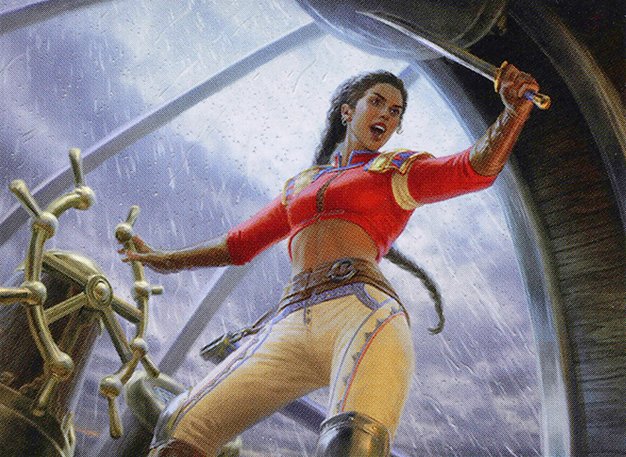
Sisay, Weatherlight Captain
Utilizes legendary creature toolbox strategies, often fetching impactful commanders or legendary permanents to maintain board presence and leverage synergy.

Kefka, Court Mage // Kefka, Ruler of Ruin
Leverages chaos and disruption with spells that cause opponents to discard or lose life, aiming to disrupt opponents' plans while developing a threatening board state.
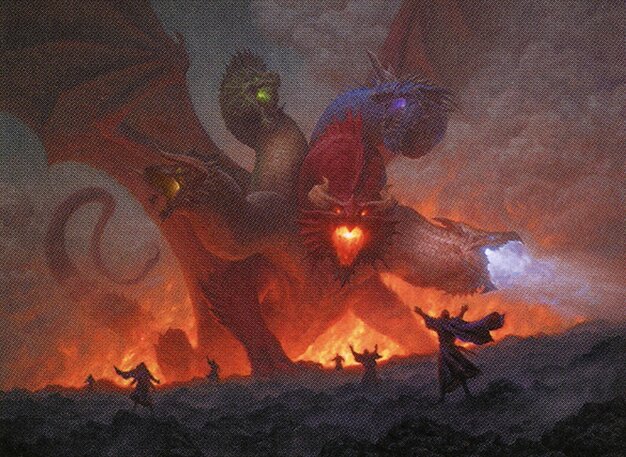
Tiamat
Builds around casting numerous dragons and generating value from their powerful ETB effects, culminating in big finishers like Dragonstorm to overwhelm opponents with damage.
Gameplay Insights
- 1
Using Mine Crank early to mill key cards such as interaction and lands significantly impacted players' ability to respond and shaped the flow of the game.
- 2
Casting Dragonstorm to generate multiple dragons enabled a cascade of ETB triggers, maximizing damage output and board presence.
- 3
The combination of Terror of the Peaks and Mirror Entity created a powerful synergy that allowed for immediate damage doubling and effective use of combat damage triggers.
- 4
Setting up an infinite loop with Bladewing the Risen and Mirror Entity showcased precise timing and knowledge of stack interactions to secure the win.
- 5
Despite multiple Rhystic Studies on board, players prioritized finding ways to push through and execute their game-winning combos rather than solely relying on resource denial.
Notable Cards
-
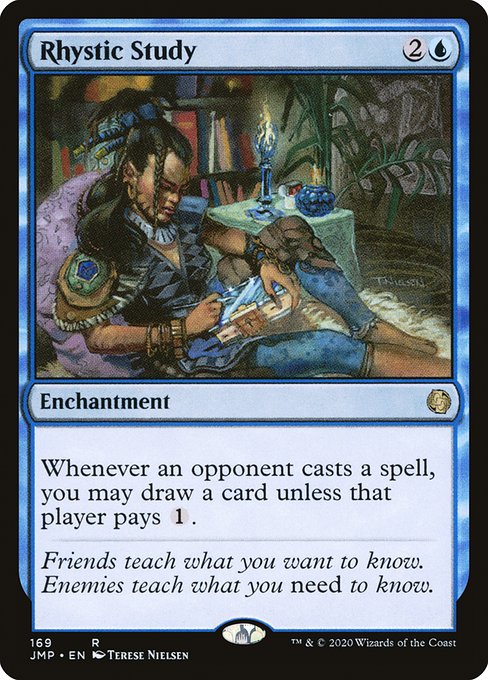
Rhystic Study
-
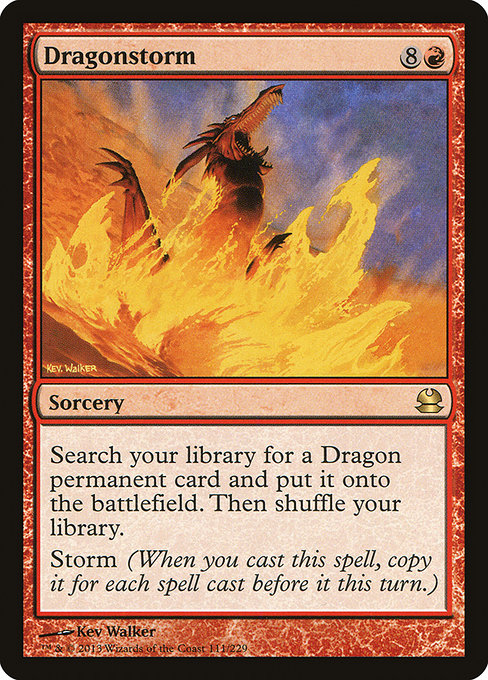
Dragonstorm
-
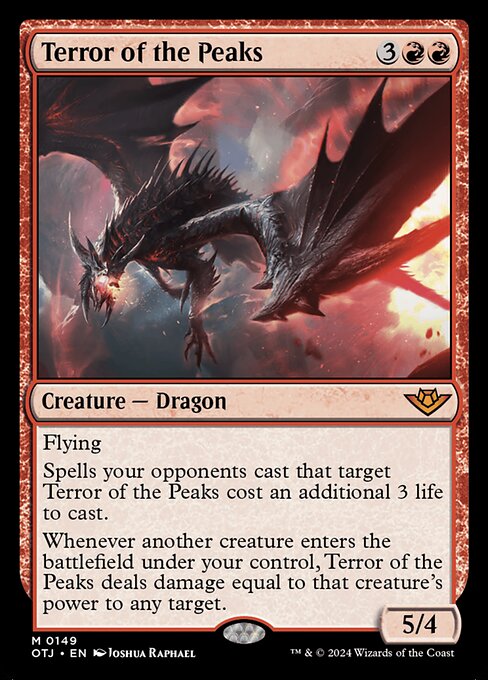
Terror of the Peaks
-
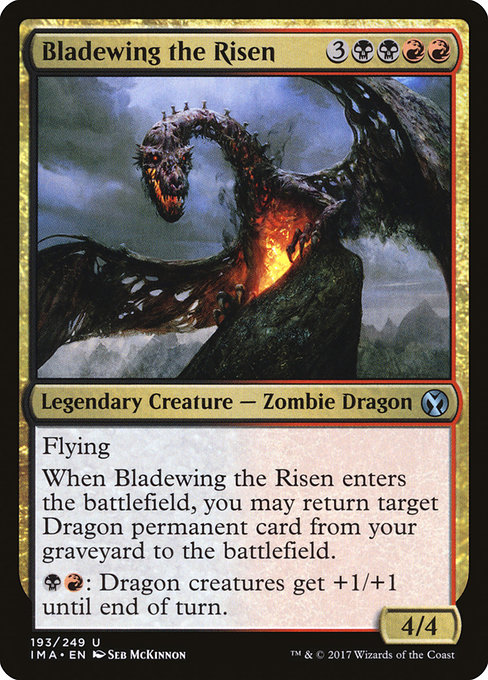
Bladewing the Risen
-
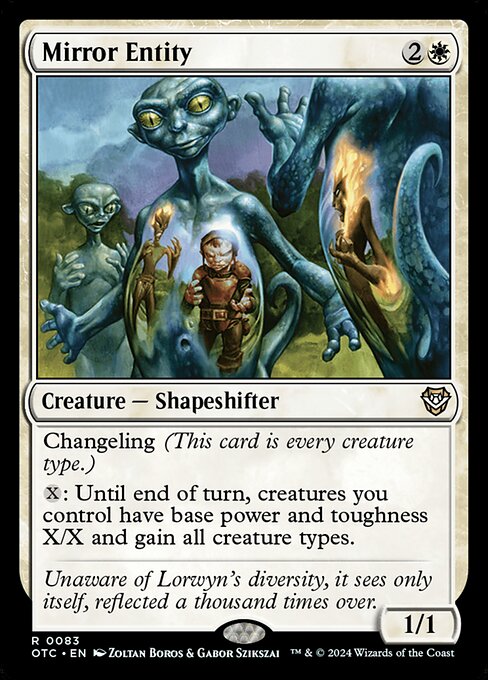
Mirror Entity
-
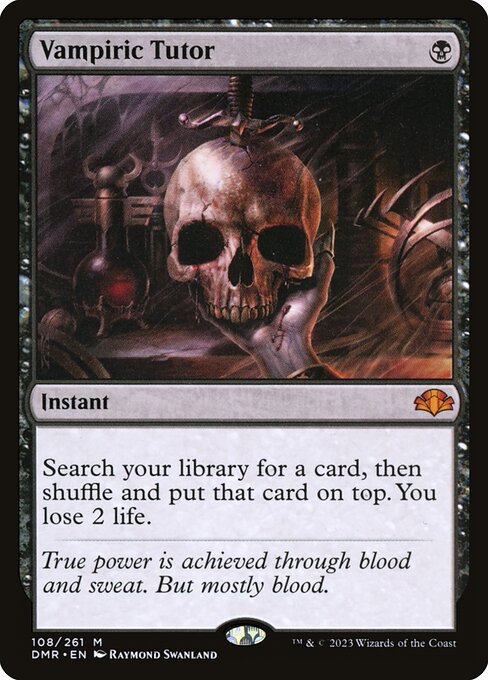
Vampiric Tutor
-
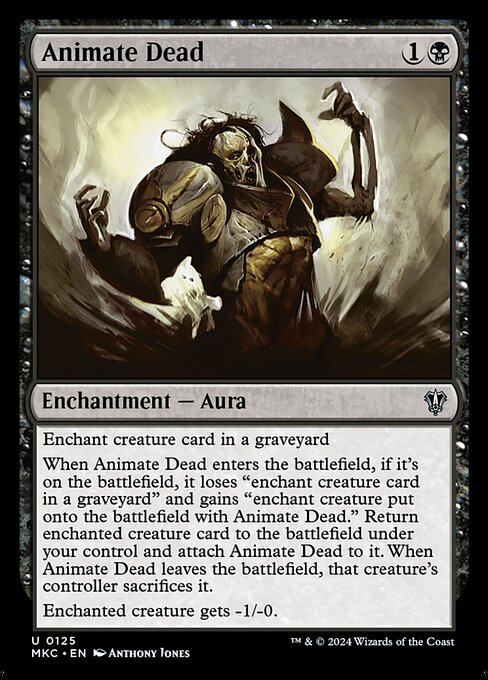
Animate Dead
Gameplay Summary
The game showcased a high-level competitive Commander match featuring four powerful five-color commanders.
Early turns were dominated by the casting of Rhystic Study by multiple players, creating a taxing and resource-intensive environment.
One player used Mine Crank to mill key cards, including interaction spells and lands, which shaped the early board state and card advantages.
The board quickly escalated with reanimation of powerful creatures like Hoarding Outburst and Rootlord, enabling aggressive life loss and graveyard synergies.
A pivotal moment occurred when a player cast Dragonstorm, generating multiple dragons and triggering a series of complex ETB (enter the battlefield) effects.
This led to massive direct damage distributed across opponents, including lethal damage aimed at Kefka, Court Mage.
The player leveraged Mirror Entity and Terror of the Peaks to amplify damage and set up an infinite loop with Bladewing the Risen, effectively winning the game through repeated combat damage and recursion.
The game ended with a detailed explanation of the loop and the strategic decisions leading to the win.


































